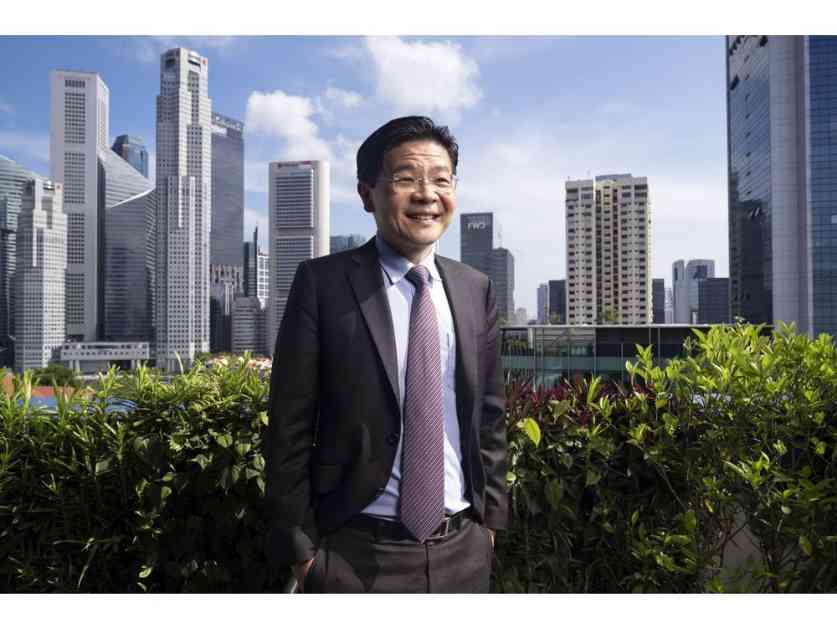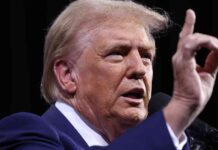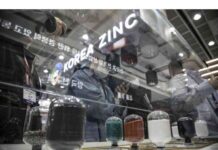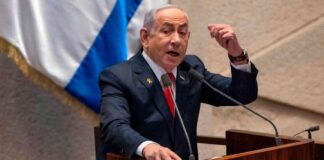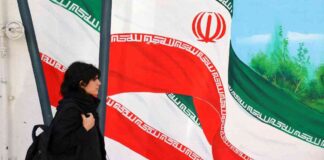Singapore Prime Minister Lawrence Wong recently secured his mandate to lead the city through the chaotic trade landscape left behind by US President Donald Trump. With nearly 66% of the popular vote, Wong’s ruling People’s Action Party retained its supermajority in the May 3 election, a significant improvement from their 2020 performance. As he embarks on his first elected term as leader, Wong faces the challenge of addressing the city-state’s headwinds, including high prices that have left voters frustrated.
Wong’s background is rooted in public housing estates, much like the majority of Singaporeans. His father, originally from China, migrated to British-controlled Malaya as a teenager to work on the railways. Wong himself faced adversity in his childhood when his home was robbed at knifepoint. Despite these challenges, he pursued higher education, earning Bachelor’s and Master’s degrees in Economics from prestigious universities in the US. Additionally, he holds a Master’s in Public Administration from Harvard Kennedy School.
As a civil servant, Wong climbed the ranks, eventually becoming a member of parliament in 2011. His leadership during the Covid-19 pandemic garnered attention, propelling him to the forefront of Singaporean politics. In his recent budget speech, Wong, who also serves as finance minister, focused on supporting the lower and middle class through various measures, avoiding an increase in wealth taxes.
Wong’s path to power was unexpected, as he wasn’t initially seen as a frontrunner for the prime minister role. His rise to leadership reflects a carefully orchestrated transition within the ruling party, showcasing Singapore’s political system at work. Despite not following the typical trajectory of Singaporean political elites, Wong’s journey highlights the evolving landscape of leadership in the city-state.
In the midst of escalating trade tensions and global uncertainty, Wong has emphasized the need for Singapore to navigate these challenges effectively. With a focus on supporting the working class while maintaining Singapore’s status as a global financial hub, Wong faces a delicate balancing act in his new role as prime minister.
As Wong takes the reins of leadership, his diverse background and pragmatic approach position him as a leader capable of steering Singapore through turbulent times. With his recent electoral success, Wong has a strong mandate to lead the city-state into a new era, marked by shifting global dynamics and evolving domestic priorities. His journey from humble beginnings to the pinnacle of Singaporean politics reflects the city-state’s commitment to meritocracy and leadership renewal.
Wong’s leadership style, characterized by a blend of resilience and pragmatism, has resonated with the Singaporean electorate. As he charts a course for Singapore’s future, Wong’s focus on inclusive growth and economic stability will be crucial in shaping the city-state’s trajectory in the years to come. With his recent electoral victory, Wong has the opportunity to leave a lasting impact on Singapore’s political landscape, setting the stage for a new chapter in the city-state’s history.

